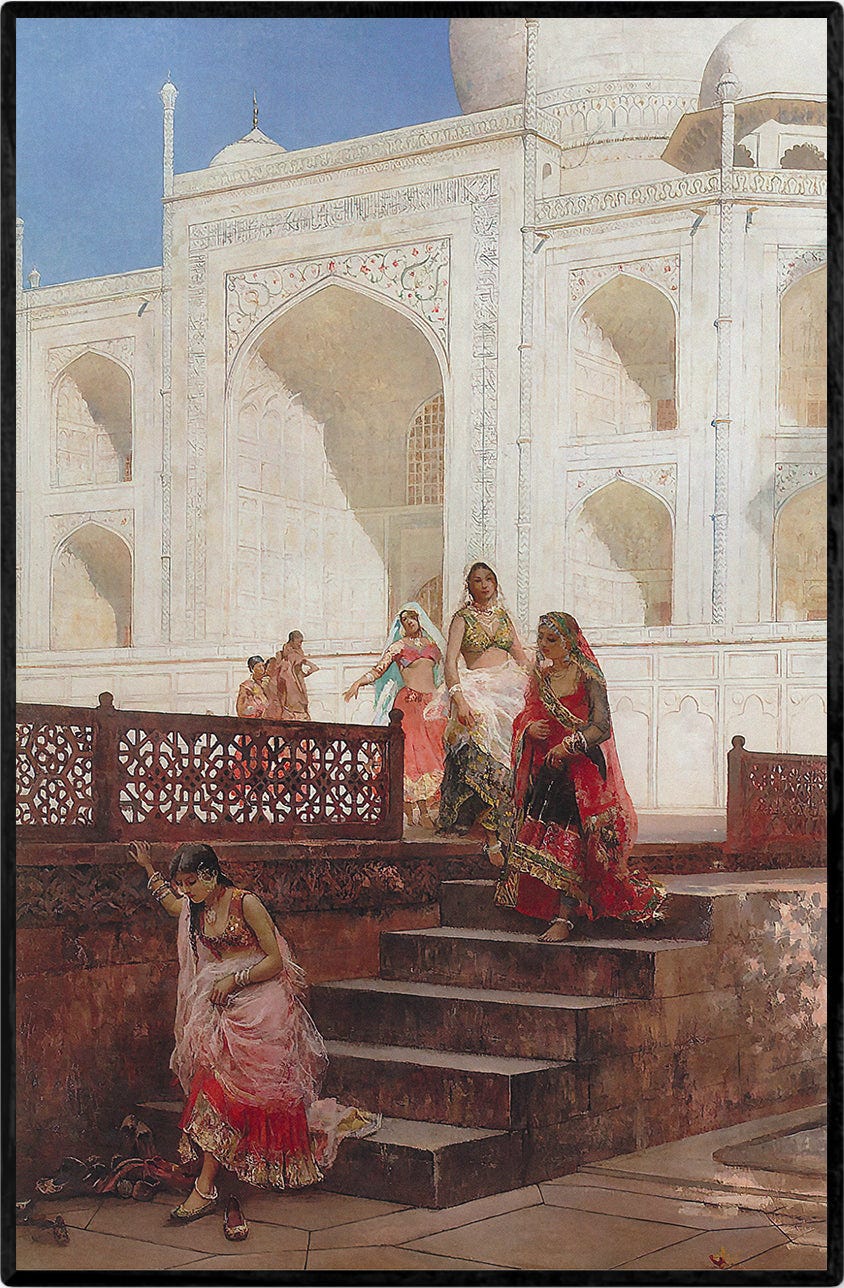Welcome to the Brown History Newsletter. If you’re enjoying this labour of love, please do consider becoming a paid subscriber. Your contribution would help pay the writers and illustrators and support this weekly publication. If you like to submit a writing piece, please send me a pitch by email at brownhistory1947@gmail.com.
Don’t forget to check out our SHOP and our Podcast.

Recommended Reads:
We Are Never Going to See Another Rang De Basanti
The slow death of dissent in Indian cinema. And why it should worry us all.
I still remember watching Rang De Basanti for the first time when I was eleven years old. I caught it on television one evening, not knowing that the film would leave an imprint on me far deeper than most memories from that age. I had never seen a movie like that before. It didn’t just tell a story—it pulled you into it. It demanded that you feel something. That you think. Until then, movies for me were either fantasy or fun. But this one was different.
The scenes of those carefree college students slowly waking up to the injustice around them. The turning point when they take to the streets. And the final moments of sacrifice. These weren’t just plot twists. They were wake-up calls. That protest scene—where they speak out, not because they want to, but because they have no other choice—was the first time I truly understood what a protest meant. Not just people shouting slogans. It was desperation. It was purpose. It felt dangerous. But also, deeply necessary. I didn’t have the vocabulary for it back then, but something inside me shifted.
I remember sitting in silence long after the credits rolled. Stirred. Confused. Inspired. I didn’t know what to do with the feeling, only that I wanted more of it. Not the violence, but the clarity. The urgency. The fierce love for country that wasn’t blind obedience, but the courage to question it. That was the kind of patriotism Rang De Basanti taught me: not passive flag-waving, but active responsibility.
Watching it as a child felt like opening a window into a world where young people challenged power, where death didn’t silence dissent, and where storytelling itself became a form of resistance. I carried that window with me for years, waiting for other films to look through it again. I believed cinema could shake people awake. Make them care. Make them act. And for a while, it did. Somewhere along the road, that once-clear window began to blur. The films that once thundered with resistance now fall into silence. The urgency has faded; the questions no longer echo. Where did that fire go? And what does its absence mean for our stories? For the right to question, for all of us?





